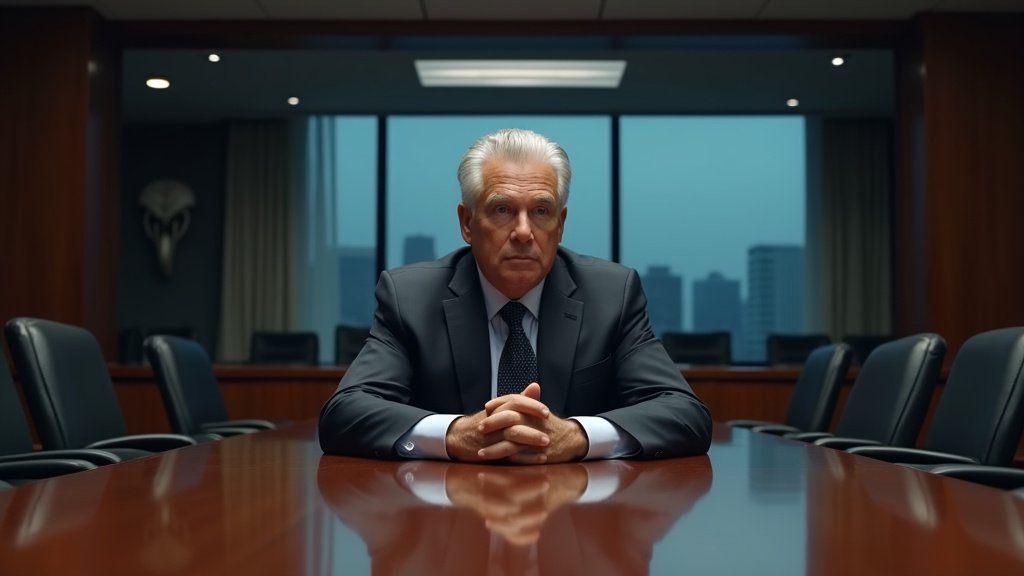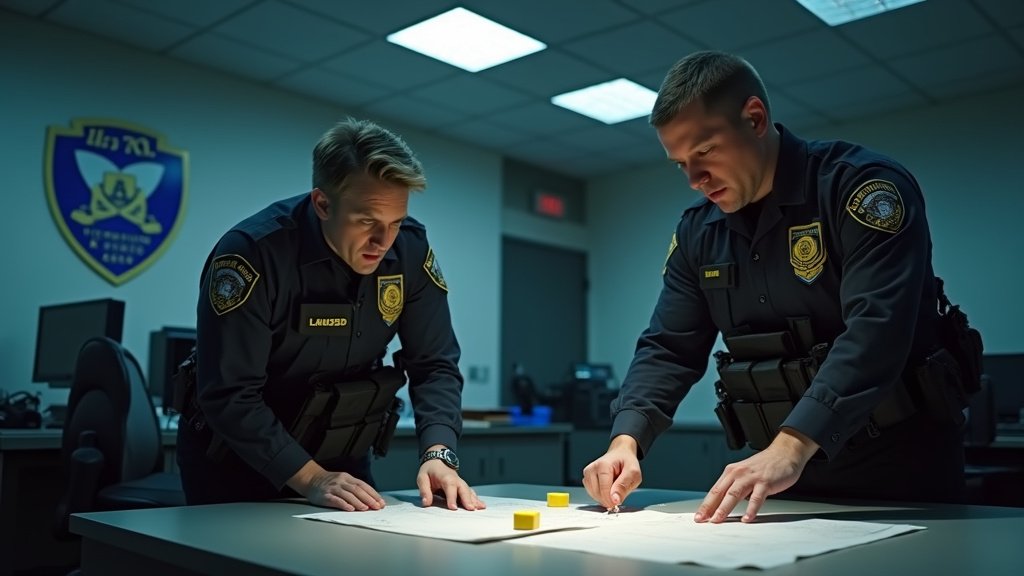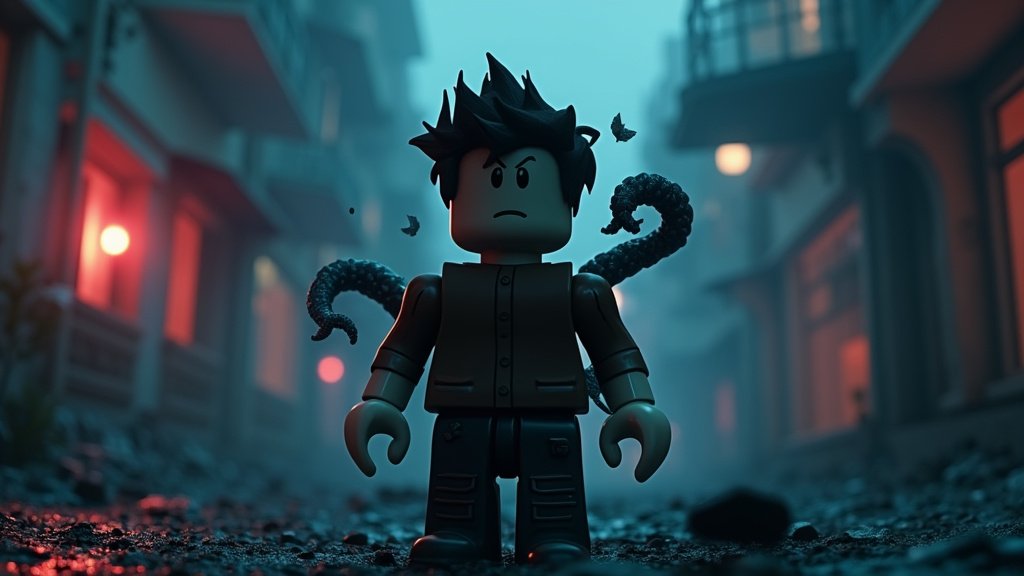In a move that has raised eyebrows at City Hall, Erroll Southers, a figure often described as polarizing, has retained his seat on the Los Angeles Police Commission by default. This unexpected continuation of his tenure comes after the Los Angeles City Council failed to hold a vote on his reappointment within the mandated 45-day window. The situation highlights procedural peculiarities within city governance and keeps a commissioner with a complex background at the helm of the civilian body overseeing the nation’s second-largest police department.
The Procedural Default
Mayor Karen Bass nominated Southers for a new term on the five-member Police Commission in mid-August. According to city rules, new appointees or those nominated for reappointment must be confirmed by the City Council vote within 45 days of their nomination. Southers’ initial confirmation hearing was reportedly postponed because he was traveling, and subsequently, he was left off the council’s agenda for a later meeting. With the 45-day period elapsing without a vote, city officials familiar with the process indicated that Southers’ existing interim status allows him to continue in the position by default for a full five-year term. This outcome is considered highly unusual for a commission as significant as the Police Commission, prompting speculation about whether the inaction was a genuine scheduling oversight or a more deliberate political maneuver.
A Career in Security and Counterterrorism
Erroll Southers brings a deep and multifaceted background to his role on the Los Angeles Police Commission. His career spans decades in law enforcement and security, including service as an FBI Special Agent, a SWAT team member, and a police officer in Santa Monica. He has also held prominent positions in homeland security at the state and airport levels. Beyond his operational experience, Southers is an academic. He serves as an associate senior vice president at the University of Southern California (USC), overseeing safety and risk assurance, and is a professor of the practice in national and homeland security at USC’s Sol Price School of Public Policy. His academic work has extensively focused on counterterrorism, including studies conducted in Israel with the International Institute of Counter-Terrorism. He previously served as president of the LAPD Police Commission and was nominated by Mayor Bass to the commission in 2023.
Criticisms and Controversies
Southers’ tenure and background have not been without significant criticism. One of the primary concerns raised by community members and critics involves an increase in police shootings during his time on the commission. Data indicates that LAPD officers opened fire 31 times in the first nine months of 2025, a figure that already surpassed the total for the entirety of 2024. Critics also point to what they perceive as Southers’ unwillingness to effectively supervise LAPD Chief Jim McDonnell. Furthermore, his past research and work in counterterrorism, particularly his involvement with programs aimed at identifying “homegrown violent extremism,” have drawn sharp criticism. Some activists argue that his academic frameworks and associations have unfairly targeted Muslim and Black communities, and have been used to criminalize dissent. His involvement in USC’s response to pro-Palestinian protests on campus also led to calls for his resignation from the commission. These controversies paint a complex picture of a figure who has operated at the intersection of law enforcement, academia, and national security.
The Role of the Police Commission
The Los Angeles Board of Police Commissioners serves as the civilian oversight body for the Los Angeles Police Department. Established in the 1920s, this five-member commission is responsible for setting departmental policy, approving the LAPD’s budget, and adjudicating serious use-of-force incidents, including officer-involved shootings. Commissioners are appointed by the Mayor and confirmed by the City Council, serving five-year terms. The commission’s role is crucial in ensuring accountability, transparency, and public trust in the police department. Its work is often conducted in public, allowing for community input and engagement. The Office of the Inspector General acts as the “eyes and ears” of the commission, conducting audits and investigations into LAPD practices.
Implications for Los Angeles News
Erroll Southers’ continued presence on the Police Commission, secured through a procedural default rather than an affirmative vote, raises questions about the City Council’s deliberative process and the oversight of key city appointments. For Los Angeles news, this event underscores the ongoing public discourse around police accountability and the effectiveness of civilian oversight. The commission’s ability to function effectively, especially given past challenges with maintaining a quorum, is vital. Southers’ controversial profile means his continued role will likely remain a topic of discussion and concern for community activists and residents seeking greater police reform. His influence on policy decisions and the LAPD’s direction will persist, making this an important current development in the city’s approach to public safety and justice. As the city navigates complex issues of crime, community relations, and policing reforms, the composition and actions of the Police Commission remain central to the evolving Los Angeles landscape.





